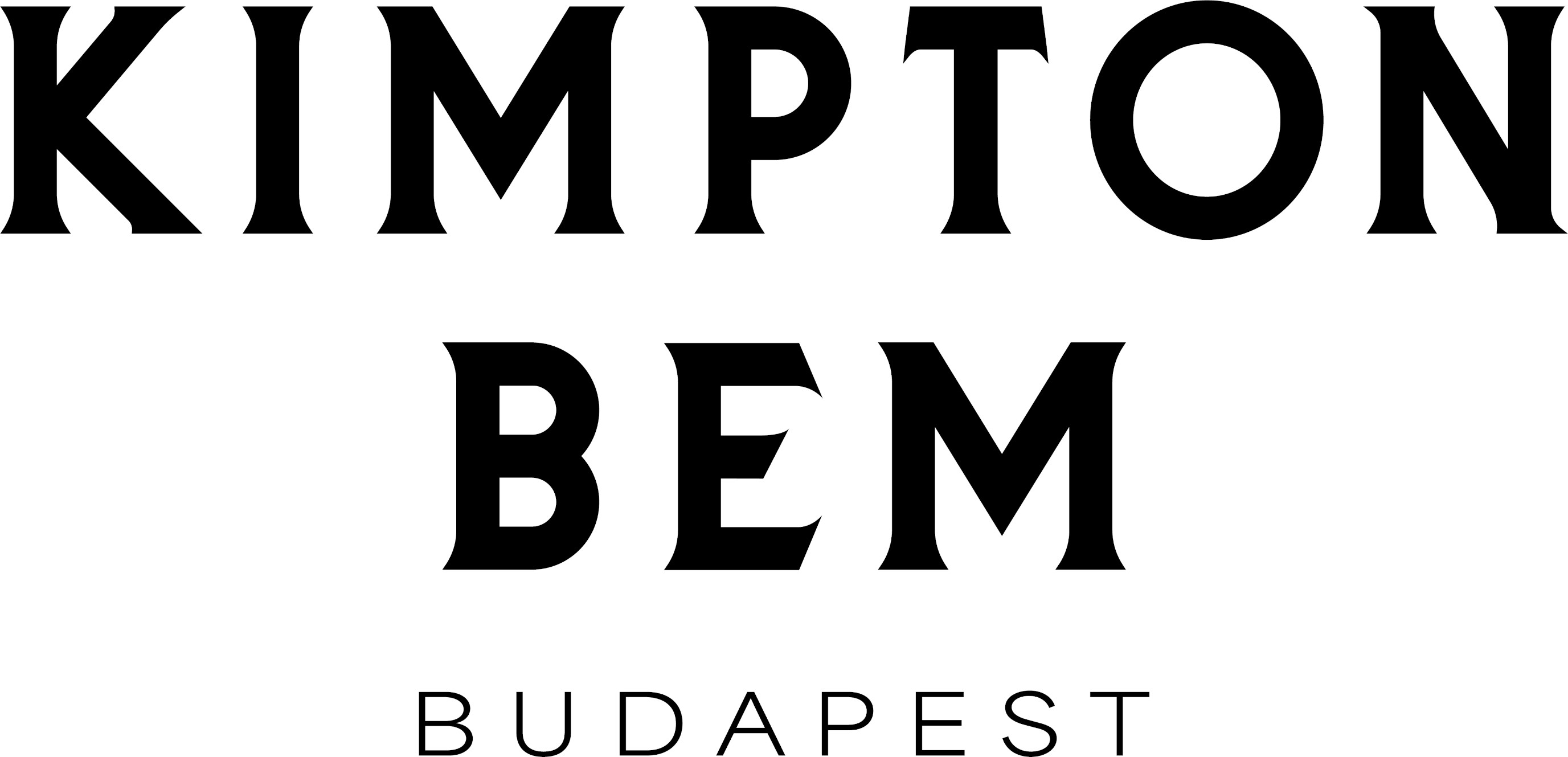Consumer Prices Up In March, Especially Food, Alcohol & tobacco
- 13 Apr 2018 9:45 AM
- Budapest Business Journal

In March 2018 compared to March 2017, food prices rose by 4.1%, within which eggs became 27.0%, butter 14.2%, pasta 11.1%, dairy products 6.9%, and bread 5.6% more expensive. Sugar became 18.1% cheaper.
The highest price increase of 6.8% on average was recorded for alcoholic beverages and tobacco.
Electricity, gas and other fuels were 1.4% dearer, within which firewood became 13.3% and butane and propane gas 5.4% more expensive, while the prices of electricity, natural and manufactured gas and purchased heat were unchanged.
The price of services was up by 1.1%, and that of clothing and footwear by 0.3% on average. Consumers paid 0.4% less for other goods (pharmaceutical products, motor fuels, household products and recreational goods), within which they paid 2.0% less for motor fuels, and 1.2% less for consumer durables.
Core inflation, which excludes volatile food and fuel prices, was a seasonally-adjusted 2.5% in March. CPI calculated with a basket of goods and services used by pensioners was 2.2%.
In March 2018 compared to the preceding month, consumer prices increased by 0.1% on average. Food prices rose by 0.3% month-on-month. The price of services rose by 0.2% and the price of alcoholic beverages and tobacco by 0.1%. The price of electricity, gas and other fuels was unchanged.
In January–March 2018 compared to the first quarter of the previous year, consumer prices went up by 2.0% on average, the KSH said.
Consumer price data for April 2018 will be published on May 9.
Underlying inflation unchanged - MNB
In a monthly analysis released after the publication of the KSH data and cited by state news wire MTI, the National Bank of Hungary (MNB) said its measures of underlying inflation developments were "broadly unchanged" in March from the previous month.
"The measures continued to be around 2% and remained below the level of core inflation," it said.
The indicator for core inflation excluding the effects of indirect taxes stood at 2.1% in March, unchanged from the previous month.
The indicator for demand-sensitive inflation, which excludes processed foods from core inflation, edged up from 1.7% to 1.8%.
The indicator for sticky price inflation, which includes items for which retail prices vary, on average, no more than 15% a month, rose from 2.0% to 2.1%.
Householdsʼ inflation expectations "remained at moderate levels" during the month, the central bank said.
































LATEST NEWS IN shopping